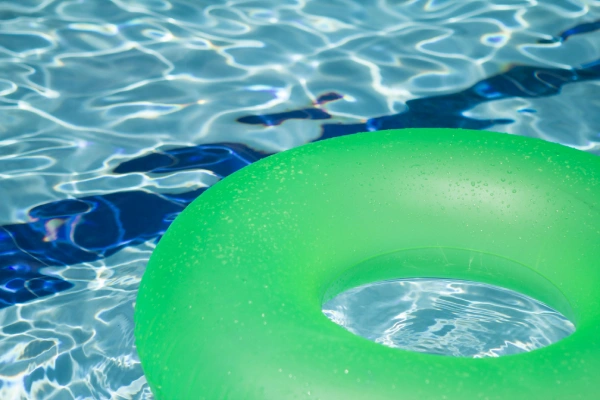
Written by Pool and Spa Leak Detection
Daily Maintenance Tasks
Daily maintenance forms the foundation of a clean and healthy pool. Start by skimming the pool’s surface to remove leaves, bugs, and other debris. This simple task prevents larger issues and keeps the water inviting. Checking the water level is another crucial daily task. Evaporation and splashing can cause the water level to drop, which can affect the pool’s filtration system. Ensuring the water level is just right helps the pump and skimmer work efficiently. Additionally, brushing the pool walls and floor loosens any dirt or algae, keeping the surfaces clean and preventing build-up. Finally, empty the skimmer and pump baskets to maintain optimal water flow and filtration.
Weekly Pool Care Routines
Weekly tasks in pool maintenance play a significant role in keeping the pool in top condition. Testing the water’s chemical balance is essential to ensure it remains safe and comfortable for swimmers. Use a test kit to check pH levels, chlorine, and alkalinity, adjusting chemicals as needed. Vacuuming the pool weekly helps remove dirt and debris that brushing might miss. This keeps the pool bottom clean and reduces strain on the filtration system. Also, cleaning the pool filter weekly ensures it works efficiently. A clean filter removes contaminants effectively, keeping the water clear. Lastly, inspecting the pool’s equipment, such as pumps and heaters, can catch potential issues early, preventing costly repairs.
Seasonal Pool Maintenance
Each season brings different challenges and tasks for pool maintenance. In spring, start by removing the pool cover and cleaning it thoroughly before storing it away. Inspect the pool for any damage that may have occurred during winter and address these issues promptly. Balancing the water chemistry is critical at the start of the swimming season to ensure the water is safe and ready for use. During summer, maintain a regular cleaning schedule to keep up with increased usage. Fall pool maintenance involves preparing the pool for winter. Lower the water level, add winterizing chemicals, and securely cover the pool to protect it from debris and freezing temperatures.
Dealing with Algae and Stains
Algae and stains can make a pool look unattractive and can be harmful if left unchecked. Regularly shocking the pool with a high dose of chlorine can prevent algae growth, especially during hot and humid weather. If algae do appear, use an algaecide to treat the water, and brush the pool surfaces thoroughly. Stains on the pool walls or floor can result from metals in the water or organic matter. Identify the type of stain to choose the appropriate treatment method. For metal stains, use a stain remover specifically designed for metals. Organic stains can often be treated with a simple chlorine shock. Regular cleaning and chemical balancing help prevent stains from forming in the first place.
Preventing and Detecting Pool Leaks
A pool leak can cause significant problems, including water loss and damage to the surrounding area. Regularly inspect the pool and its equipment for signs of leaks, such as unexplained drops in water level or damp spots around the pool area. Pool leak detection can be as simple as a bucket test, where a bucket of water is placed on the pool step, marked, and compared to the pool’s water level after 24 hours. Professional services can also be employed for more precise detection. Addressing leaks promptly prevents further damage and ensures the pool remains functional and efficient.
Winterizing the Pool
Properly winterizing a pool is crucial for protecting it during colder months. Start by thoroughly cleaning the pool, removing debris, and balancing the water chemistry. Lower the water level to prevent freezing and potential damage to the pool structure. Add winterizing chemicals, such as algaecides and chlorine, to keep the water clear and free of algae over the winter. Drain the water from the pool’s plumbing and equipment to avoid freezing and cracking. Finally, cover the pool securely with a winter cover, ensuring it is tight and well-sealed to keep out debris and protect the pool from the elements.
Conclusion
Maintaining a pool requires consistent effort and attention to detail, but the reward is a pristine and inviting swimming environment. By following daily, weekly, and seasonal maintenance routines, pool owners can ensure their pools remain in excellent condition. Addressing issues like algae, stains, and leaks promptly keeps the pool safe and functional. Proper winterization protects the pool during off-seasons, making the reopening process smoother. With diligent care, a pool can provide years of enjoyment and relaxation for family and friends.
